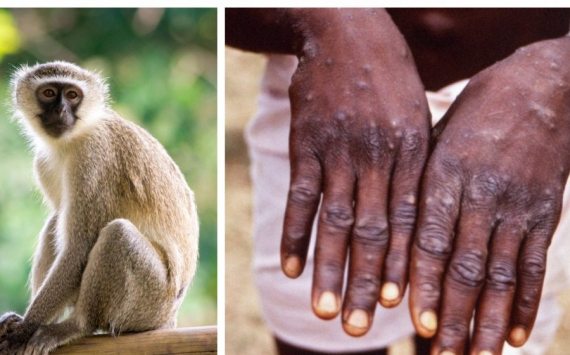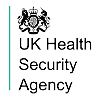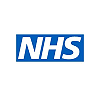
Two more people have been diagnosed with monkeypox in London, health officials said.
The pair live in the same household and are not linked to the previous confirmed case in England that was announced on 7 May, the UK Health Security Agency (UKHSA) said.
Of the latest two cases, one person is receiving care at the infectious disease unit at St Mary’s hospital, Imperial College healthcare NHS trust in London. The other is isolating and does not currently require hospital treatment, the UKHSA said.
Health officials said they were investigating where transmission took place and how the people had become infected.
Contact tracing is taking place, the agency said, with those who have been in close contact with the diagnosed cases being given information and health advice.
Initial symptoms of monkeypox include fever, headache, muscle aches, backache, swollen lymph nodes, chills and exhaustion. A rash can also develop, and people tend to recover within two to four weeks.
The virus is mainly found in tropical forests in central and western Africa.
Dr Colin Brown, the UKHSA’s director of clinical and emerging infections, said: “We have confirmed two new monkeypox cases in England that are not linked to the case announced on 7 May.
“While investigations remain ongoing to determine the source of infection, it is important to emphasise it does not spread easily between people and requires close personal contact with an infected symptomatic person. The overall risk to the general public remains very low.
“We are contacting any potential friends, family or contacts in the community. We are also working with the NHS to reach any healthcare contacts who have had close contact with the cases prior to confirmation of their infection, to assess them as necessary and provide advice.”
Prof Julian Redhead, the medical director of Imperial College healthcare NHS trust said: “We are caring for a patient in our specialist high-consequence infectious diseases unit at St Mary’s hospital.
“All of the necessary infectious control procedures have been followed and we are working closely with UKHSA and NHS England.”





